The creation of even simple products involves huge numbers of participants who don’t know each other. Leonard Read’s classic essay, “I, Pencil,” illustrates this point eloquently, showing that nobody in the world knows everything about making the pencil you buy in a store. He notes the “absence of a master mind” in its creation. People who live far away from each other and don’t know each other play roles in the supply chain.
Trust and coordination
The parties involved work together through contracts and judge one another by reputation and past performance. They can judge their suppliers, but can they be sure of their suppliers’ suppliers and the ones who supply them? Is there a way to maintain confidence all along the supply chain and catch those who cheat?
Methods for doing this do exist, but they rely on a central data repository. This implies an owner, a “master mind.” Participants might have doubts about handing over all their information to the repository, and they might wonder if the owner will really be a neutral arbiter. The database could shut down unexpectedly, or the price to use it might go up.
A better approach would be one that made information available to all participants, without the danger of revocation or alteration. Ideally, it should be a system which is as decentralized as the supply chain itself.
Enter the blockchain
The technology to do this exists. In 2009, a mysterious person or group using the name Satoshi Nakamoto devised a way to acquire and trade units of a virtual currency called Bitcoin without relying on a central authority. Perhaps it was just a technological curiosity to them, but one Bitcoin, which started out with no real-world value, today can be sold for around $1,700.
Other people recognized that the approach could apply to other domains besides money, and they generalized the concept into the blockchain. A blockchain is described as a “distributed ledger” with certain distinctive characteristics:
- Multiple, independent copies exist, and stakeholders verify them against each other.
- Entries in it are cryptographically signed. This makes faking an entry virtually impossible and claiming that one is faked implausible.
- Newly created entries appear in one copy and are propagated to the others.
- Entries are never deleted.
Some blockchain systems use “smart contracts.” These are pieces of computer code which set conditions and trigger an action when they’re satisfied. For instance, a smart contract might place an order when the records show that all the necessary parts are available.
Blockchain and logistics
How do you know if what you’ve received is what the vendor says it is? This is one of the basic problems of logistics. Even the vendor, who depends on components from others, might not always know. A blockchain can provide greater assurance. Participants indicate what they have produced and what components they used. The suppliers of the components have their own entries in the blockchain. Anyone reviewing the entries can see every participant’s contribution.
This doesn’t prevent anyone from entering false information, of course. What is does is to put every participant’s claim on the record. They can’t later deny having entered the information. This makes it easier to detect fraud as well as honest errors.
Trustworthy suppliers have an incentive to participate, since putting their entries in the blockchain shows they’re willing to put their reputation on the line. Their past performance is there for all participants to see.
Consumers benefit from the blockchain, since vendors have increased confidence in the provenance of what they sell. Blockchain certification will become a selling point.
What next?
The use of blockchains in logistics is still in its early stages. A critical mass of participants is necessary to make them useful. Startup companies are experimenting with various approaches, and they’ll have to agree on common standards so that all suppliers can use the same blockchain. For this reason, Sheer has joined the Blockchain in Transport Alliance (BiTA) to drive the first set of transportation-specific Blockchain standards.
A system of authentication across the supply chain, not relying on any master mind, will benefit both suppliers and purchasers. It will increase everyone’s level of confidence and let distant trading partners work together more smoothly.




